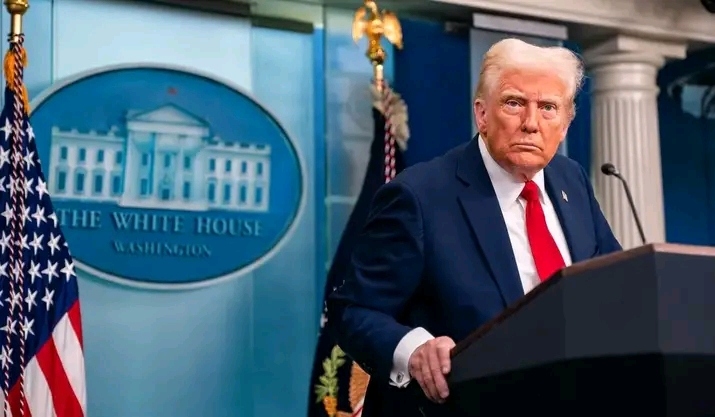U.S. President Donald Trump has issued a stark warning to Beijing, threatening to significantly increase tariffs if China does not halt the export of fentanyl to the United States. “China hopefully is going to stop sending us fentanyl, and if they’re not, the tariffs are going to go substantially higher,” Trump stated.
China has countered, labeling fentanyl an American issue and signaling plans to challenge the tariffs at the World Trade Organization. Beijing also hinted at potential countermeasures but maintained a willingness to return to the negotiating table.
The escalating trade tensions had notable economic impacts. The Canadian dollar surged after hitting its lowest point in over two decades, and U.S. stock index futures rose following losses on Wall Street. Industry leaders, concerned about supply chain disruptions, expressed relief at the prospect of a pause in tariff implementation. Chris Davison, head of a Canadian canola trade group, welcomed the development, noting the benefits of the highly integrated North American industry.
Trump also hinted at targeting the 27-nation European Union with tariffs, though he did not specify a timeline. EU leaders, meeting at an informal summit in Brussels, pledged to retaliate if tariffs were imposed but called for dialogue to resolve the disputes. Britain, which exited the EU in 2020, might be exempt from the tariffs, Trump suggested.
Acknowledging potential short-term pain for U.S. consumers, Trump defended the tariffs as necessary to combat immigration, narcotics trafficking, and to revitalize domestic industries. However, analysts have raised concerns about the feasibility of his plans. Covering the gap left by the tariffs would require the U.S. to more than double its manufacturing output, a goal deemed unattainable in the short term.
Economists also warned that the tariffs could push Canada and Mexico into recession, while triggering “stagflation”—a combination of high inflation, stagnant economic growth, and rising unemployment. As the trade saga continues, its global implications remain a subject of intense debate.


